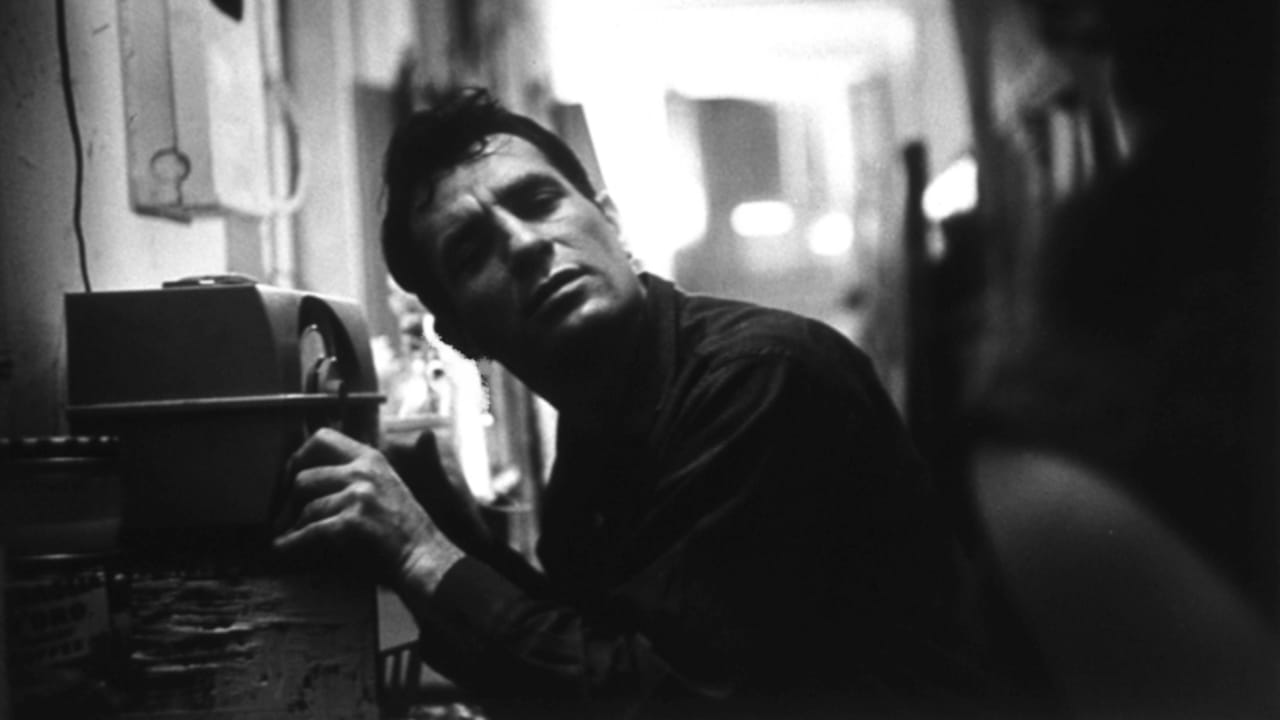KEROUAC AND FLORESTAN

"The opera was Fidelio. ‘What gloom!’ cried the baritone, rising out of the dungeon under a groaning stone. I cried for it. That’s how I see life too. I was so interested in the opera that for a while I forgot the circumstances of my crazy life and got lost in the great mournful sounds of Beethoven and the rich Rembrandt tones of his story.
Beethoven's Fidelio sometimes gets a bad rap because of the sharp contrast between Act One and Act Two: the lighter, courtly elegance reminiscent of Mozart's Figaro in the first act gives way to the darker, more revolutionary Romanticism—echoing Mozart's Don Giovanni—that would go on to define classical music and opera for the rest of the 19th century. But I sincerely doubt Beat writer Jack Kerouac was concerned with any of that pedantic stuff when he wrote about watching Central City Opera's production of Fidelio in 1947 in his famous book On the Road.
"Well, Sal, how did you like the production for this year?" asked Denver D. Doll proudly in the street outside. He was connected with the opera association.
"What gloom, what gloom," I said. "It’s absolutely great."
There's something about Kerouac's lack of pretension in his analysis that reminds me of my own (mostly) un-intellectual enjoyment of a form that really should be enjoyed by the general public as much as attending a baseball game or football match.
I personally love the idea of a Kerouac-like figure watching Fidelio with a hotdog and mustard, soaking up all that Germanic gloom—perhaps washing it down with a glass of beer. This, to me, is how opera should hit you: viscerally, not filtered through a stack of prejudices or hearsay from those ignorant of its qualities, of what the art form is, or whom it serves.
In other words, true freedom, just like Florestan finally discovers toward the end of Act 2 of Ludwig van Beethoven’s masterpiece.